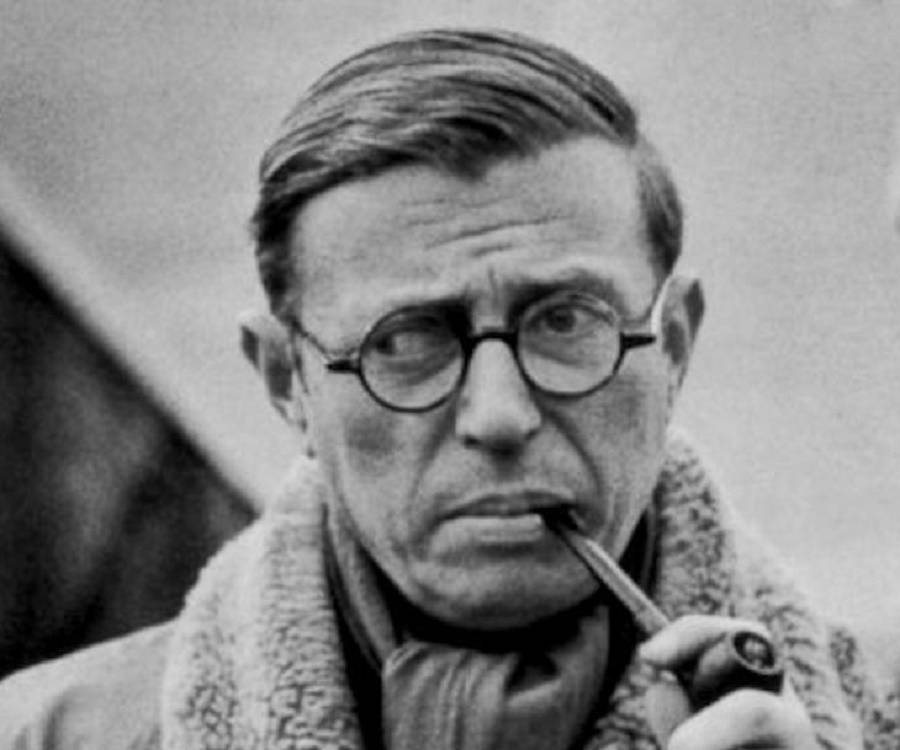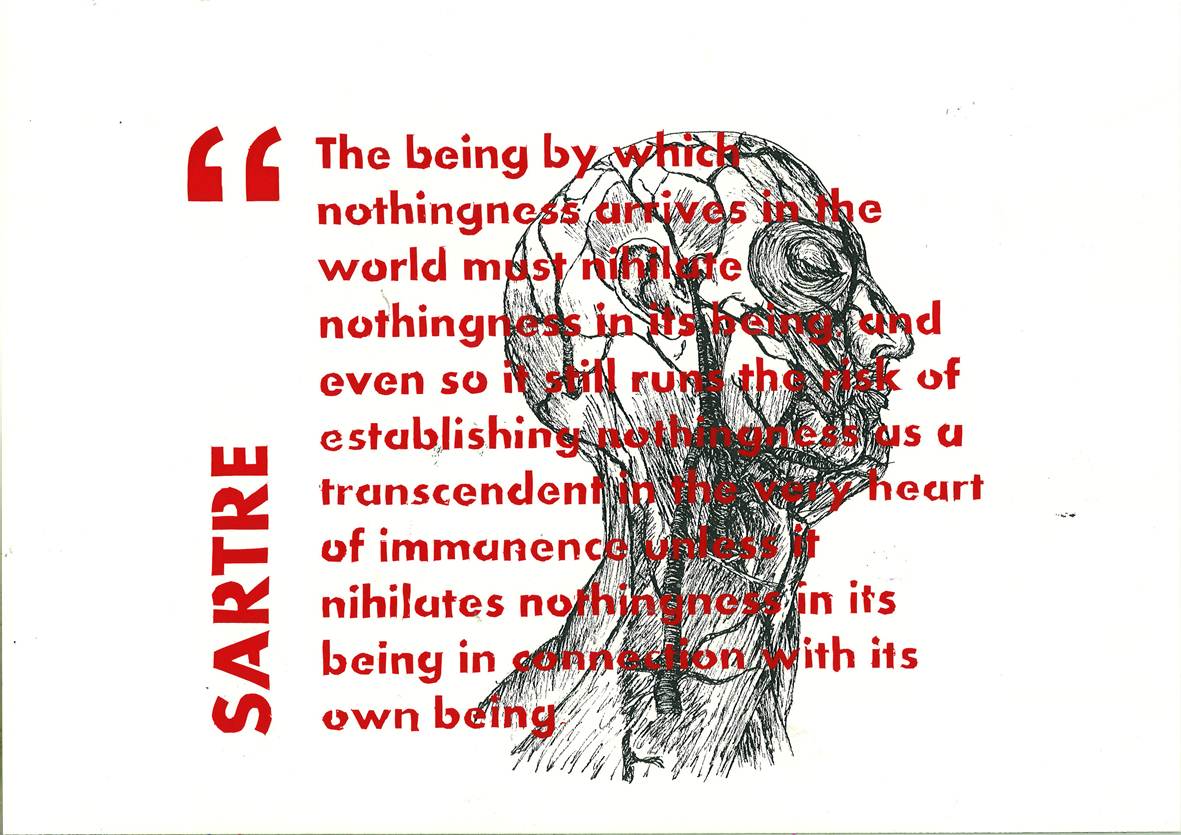


This influence is rooted in Husserl’s concept of intentionality and his criticism of what is called the doctrine of immanent objects, found in debate concerning our consciousness of non-existent objects. Although the concept of nothingness is not as elaborately discussed as it is in Being and Nothingness, these works can still reveal the Husserlian influence on Sartre’s notion of nothingness. However, in his earlier work The Imagination, Sartre discusses Husserl’s ideas on this topic. While Sartre is clear on the influence Husserl had on his philosophy in general, he only mentioned Husserl briefly when he addresses nothingness in Being and Nothingness, and only to distance himself from his views. In this article I aim to show that the line of influence from Hegel through Heidegger on Sartre’s concept of nothingness is not the only one that can be discerned. Footnote 7 The radical freedom of man is as many would know one of the most well-known theses of Sartre’s philosophy. Footnote 5, Footnote 6 It is because consciousness can create and encounter negatities that it is ultimately free.

Footnote 3 These “little pools of non-being”, Footnote 4 for which Sartre invented the notion of négatités or negatities, play a pivotal role in Sartre’s philosophy. His main concern with both thinkers is that they only account for nothingness in general, but do not do justice to concrete cases of nothingness, such as holes, voids and absences. Footnote 2 Although he does not agree with their conceptions of nothingness, he still thinks that Heidegger improved upon Hegel, and he himself continues this line of improvement of the concept. Before addressing his own version of the concept, he commits a full section to each of the two thinkers. Sartre places himself explicitly in this line of thinking in his main work Being and Nothingness.

Footnote 1 With regard to this, Sartre can be placed in a tradition of philosophers who also have a big role reserved for this conception, of which Sartre’s predecessors Hegel and Heidegger are perhaps the most well-known. The controversial concept of nothingness plays an important role in the philosophy of Sartre.


 0 kommentar(er)
0 kommentar(er)
